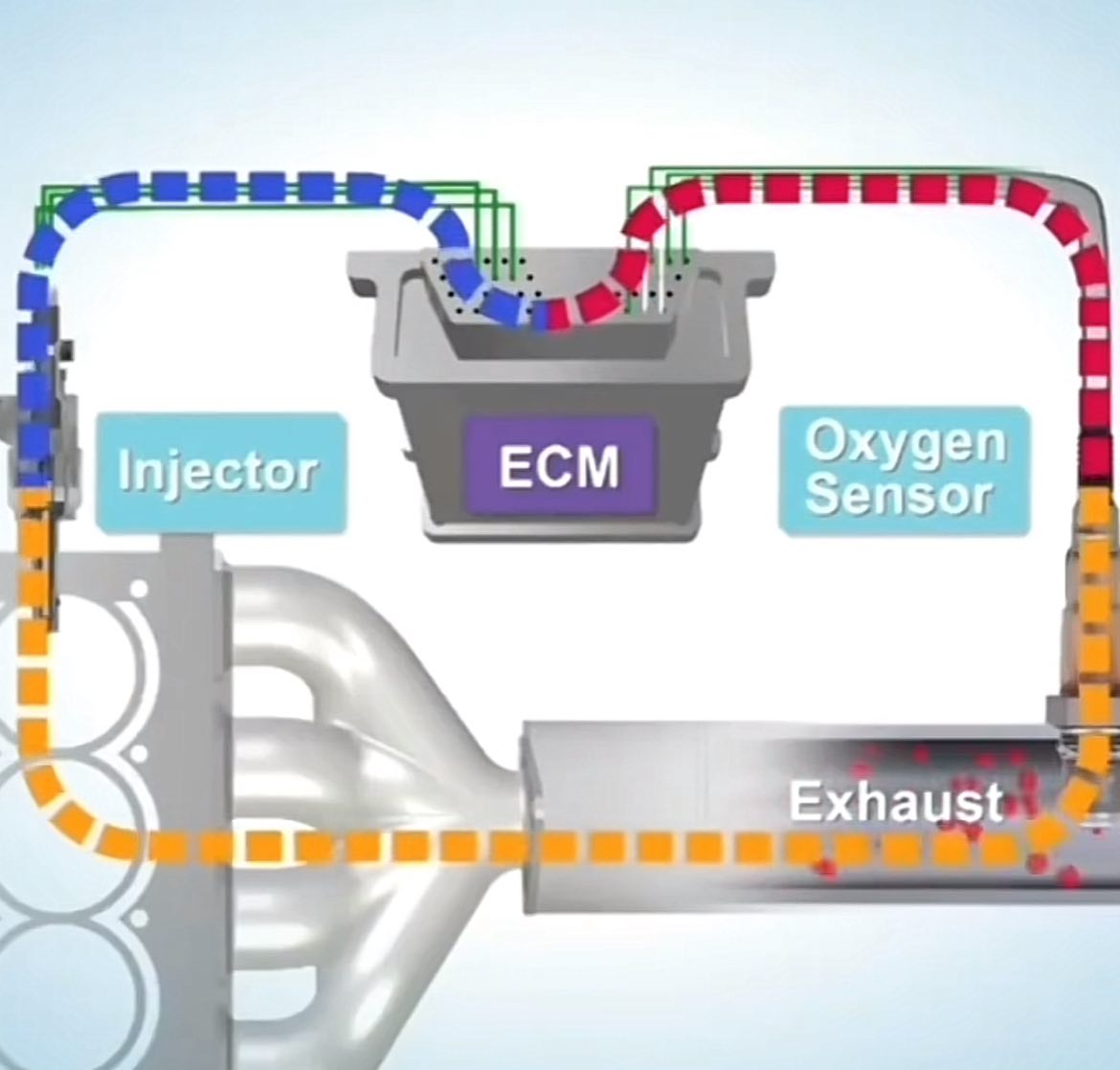Jeeps are vehicles known for their durability and prowess in off-road conditions. They provide drivers with unparalleled control in rough terrain, thanks to their advanced control systems. These systems may be open-loop or closed-loop, and understanding the distinction between the two is crucial for making a knowledgeable choice when picking a Jeep model. In this article, we will discuss the basics of closed loop and open loop control systems regarding Jeeps and what each type offers from a practical standpoint. We’ll examine how they differ in performance, safety, reliability, maintenance requirements, cost, etc. By the end of this article, you will better understand which system best suits your needs when looking for your next Jeep.
Differences Between Closed and Open Loop Jeeps

- Engine Performance
Closed loop Jeeps have an advantage over open loop when it comes to engine performance. The feedback system allows for precise tuning of fuel delivery and spark timing, resulting in improved power and fuel economy compared with an open loop system. Additionally, closed loop jeeps are more reliable thanks to their ability to sense problems early on and make corrections before they become major issues.
- Fuel Economy
In terms of fuel economy, open loop jeeps usually have better efficiency due to their lack of electronic components involved with engine management; however, closed loops jeeps are catching up in this area thanks to advancements in technology, such as direct injection systems, which improve performance while also increasing fuel efficiency.
- Cost
The cost difference between closed loop and open loop Jeeps largely depends on the model you select; however, closed loops tend to be more expensive due to the added complexity of their systems compared with open loops. Additionally, since less maintenance is required with a closed-loop system (due primarily to its automated nature), this may offset some of the higher initial costs associated with these models over time.
Pros and Cons of Closed Loop System in Jeep
The main benefit of a closed loop system is its superior control over the vehicle’s performance under various conditions. It also provides better stability and traction in off-road situations as it can sense changes in terrain and adjust accordingly. Furthermore, closed loop Jeeps are more reliable thanks to their ability to detect problems early on and make corrections before they become major issues. However, these systems are more expensive due to their added complexity than open loops, so it is important to consider your budget when deciding which control system is best for you. Also, read about the Best Radiator for Jeep to ensure optimal cooling performance for your vehicle, which can play a pivotal role in the overall efficiency and longevity of your Jeep’s engine.
Pros and Cons of Open Loop System in Jeep
Open loop Jeeps are usually less expensive than their closed loop counterparts due to their simpler design; however, there are some drawbacks that you should be aware of when considering an open loop system for your Jeep. Firstly, these models lack the advanced capabilities of a closed-loop system when it comes to engine performance; they can struggle with fuel economy, power delivery, and spark timing. Secondly, since they rely entirely on manual inputs from the driver, if something unexpected happens, the driver must react quickly or risk losing control of the vehicle. Finally, since there is no self-regulating feedback within an open-loop system like with a closed-loop one – regular maintenance checks are necessary to ensure that all systems remain up-to-date and running well.
Conclusion
When looking for your next Jeep, it is important to consider both closed-loop and open-loop control systems. Each has advantages and disadvantages, varying depending on the model you select. Closed loop systems provide superior control and stability in off-road situations and improved engine performance and fuel economy; however, this comes at the cost of added complexity and increased cost. Open loop Jeeps are simpler in design but lack the same level of control; they can also struggle with fuel economy due to their reliance on manual inputs from the driver. When considering a new Jeep model, deciding which system best suits your needs is up to you.

Add Comment